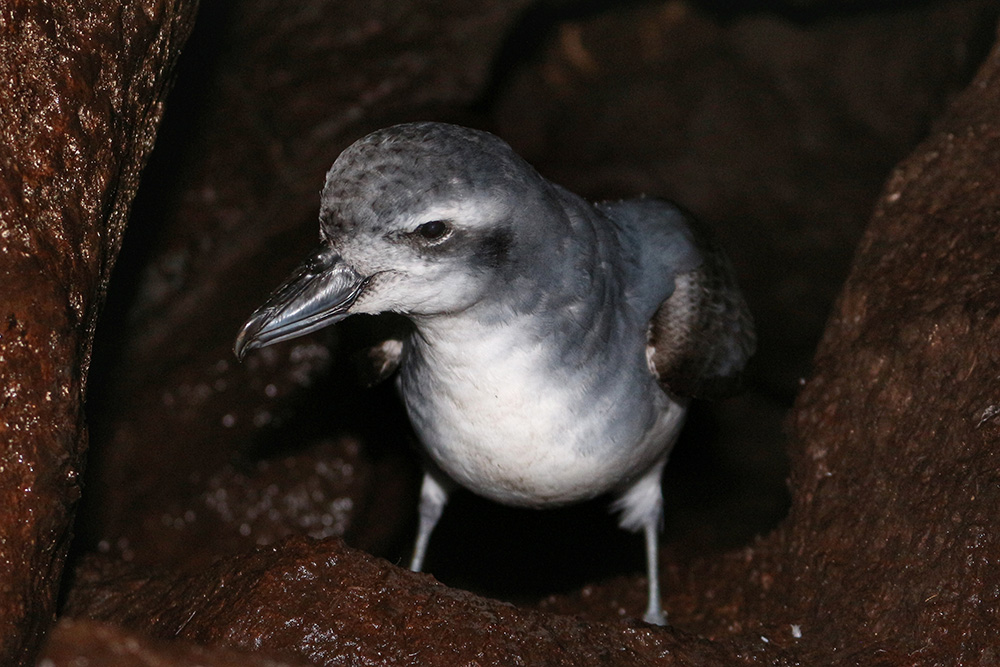December 4, 2024
The Ebiil Society: Champions of Palau
Ann Singeo, founder of our partner organization the Ebiil Society, shares her vision for a thriving Palau and a flourishing world of indigenous science!
We use cookies to help you navigate efficiently and perform certain functions. You will find detailed information about all cookies under each consent category below.
The cookies that are categorized as "Necessary" are stored on your browser as they are essential for enabling the basic functionalities of the site. ...
Necessary cookies are required to enable the basic features of this site, such as providing secure log-in or adjusting your consent preferences. These cookies do not store any personally identifiable data.
Functional cookies help perform certain functionalities like sharing the content of the website on social media platforms, collecting feedback, and other third-party features.
Analytical cookies are used to understand how visitors interact with the website. These cookies help provide information on metrics such as the number of visitors, bounce rate, traffic source, etc.
Performance cookies are used to understand and analyze the key performance indexes of the website which helps in delivering a better user experience for the visitors.
Advertisement cookies are used to provide visitors with customized advertisements based on the pages you visited previously and to analyze the effectiveness of the ad campaigns.
Our new online shop is live!

Gough Island in the South Atlantic is a UNESCO World Heritage Site home to around 8 million seabirds including the Tristan albatross (Diomedea dabbenena), Atlantic Petrel (Pterodroma incerta), and Atlantic yellow-nosed Albatross (Thalassarche chlororhynchos).
Accidentally introduced to the island in the 19th century, invasive mice have flourished on Gough, adapting to feed on eggs and seabird chicks. Two species, in particular, the MacGillivray Prion (Pachyptila macgillivrayi) and Tristan Albatross are highly endangered due to high rates of breeding failure resulting from predation by mice. Researchers have also observed mice attacking adult seabirds, often leaving fatal wounds.

The Royal Society for the Protection of Birds, or RSPB, and Tristan da Cunha in partnership with the UK Government, Island Conservation, and others plan to restore the Gough’s ecosystem by removing invasive mice.
MacGillivray’s Prions typically breed in Prion Cave on Gough Island from November through April. In 2014, RSPB began monitoring the Prions breeding site, using survival rate as an indicator of how well the birds were doing on Gough Island. Since then, only 21 chicks out of around 370 monitored nests have successfully fledged or taken flight. During the 2021 breeding season, only one chick survived, reinforcing fears that the MacGillivray’s Prions may be edging closer to extinction. Unless the mice are removed, extinction is almost certain.

Recently, a paper published in the journal Animal Conservation, predicts that the birds will continue to decline by 9 percent each year if mice remain on Gough, with a 31% chance they will go extinct by 2057. However, there is hope that the population will be able to stabilize and recover if mice are successfully removed.
The project to begin the restoration process, originally set to begin in 2020 was delayed due to the coronavirus until summer 2021. Kim Stevens, RSPB’s Senior Field Assistant is looking forward to a mouse-free Gough Island, saying:
With the restoration project so close at hand, I have every hope that we will soon be able to make the island a global haven for seabirds once more.”
Feature Photo: A MacGillivray’s Prion chick. Credit: RSPB
Check out other journal entries we think you might be interested in.
Notifications